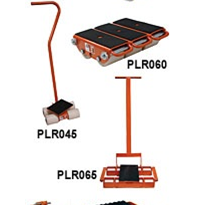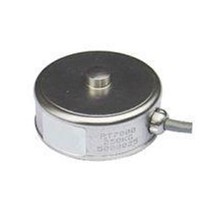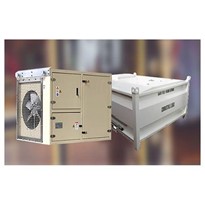Load banks are devices that are used to test and evaluate the performance of generators by simulating the electrical load that the generator is designed to handle, in order to ensure that the generator can meet the requirements of the application they are intended for. By connecting the load bank to the generator, the operator can verify that the generator is capable of meeting the required power output, voltage, and frequency levels.
Load banks are also used to test generators that have been idle for extended periods or that have undergone maintenance or repair work. The load bank helps to ensure that the generator is functioning properly and that all of its components are working together as intended.
There are multiple ways to classify load banks, but one of them is to differentiate between manual load banks and dummy load banks.
A manual load bank is a type of load bank that allows the operator to manually adjust the load on the power source being tested. Manual load banks typically consist of a resistive element, such as wire coils or heating elements, and a variable resistor or switch that allows the operator to adjust the load. Manual load banks are often used for testing and calibrating power sources in laboratory or manufacturing settings. A dummy load bank, on the other hand, is a type of load bank that is designed to simulate an electrical load without actually consuming any power. Dummy load banks typically consist of a resistive element that is connected in parallel to create a load that consumes very little power. Dummy load banks are often used for testing and calibrating power sources, such as generators and power supplies, without actually consuming power.
Here are some reasons why you should consider owning a load bank:
- Testing: as mentioned earlier, Load banks are crucial for testing the capacity and performance of power sources, especially backup generators and UPS. This helps ensure that the power source will function as expected during an emergency or power outage. Dummy load banks are ideal for this kind of job.
- Preventive maintenance: Regular load bank testing can help detect potential issues with power sources before they become serious problems. This can save you money on repairs and downtime.
- Compliance: Many industries have regulations and standards that require load bank testing of backup generators and other power sources. Owning a load bank can help you comply with these regulations and avoid penalties.
- Peace of mind: Owning a load bank can give you peace of mind knowing that your backup power source is reliable and can perform when you need it most.
- Cost-effective: Owning a load bank can be more cost-effective than renting one every time you need to test your power source. It can also save you money in the long run by preventing downtime and expensive repairs.
Overall, owning a load bank can be a valuable investment for anyone who relies on backup power sources to keep their operations running smoothly.


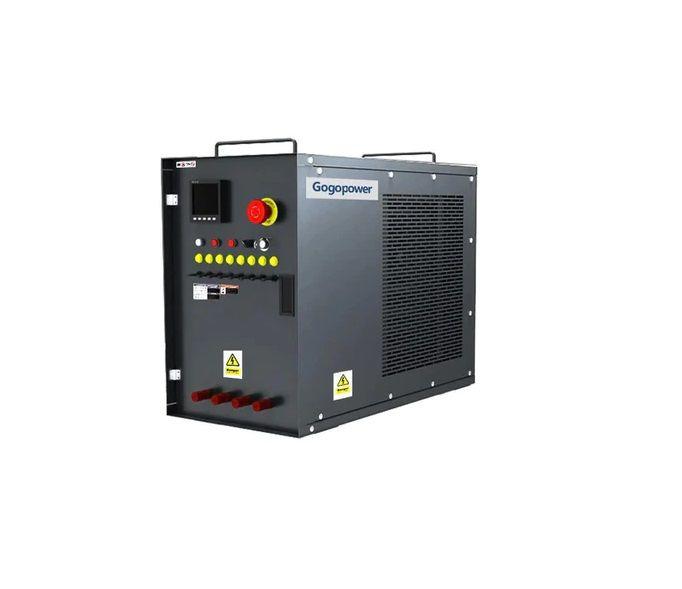




-160x160-state_article-rel-cat.png)



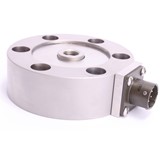

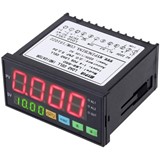

-205x205.jpg)


